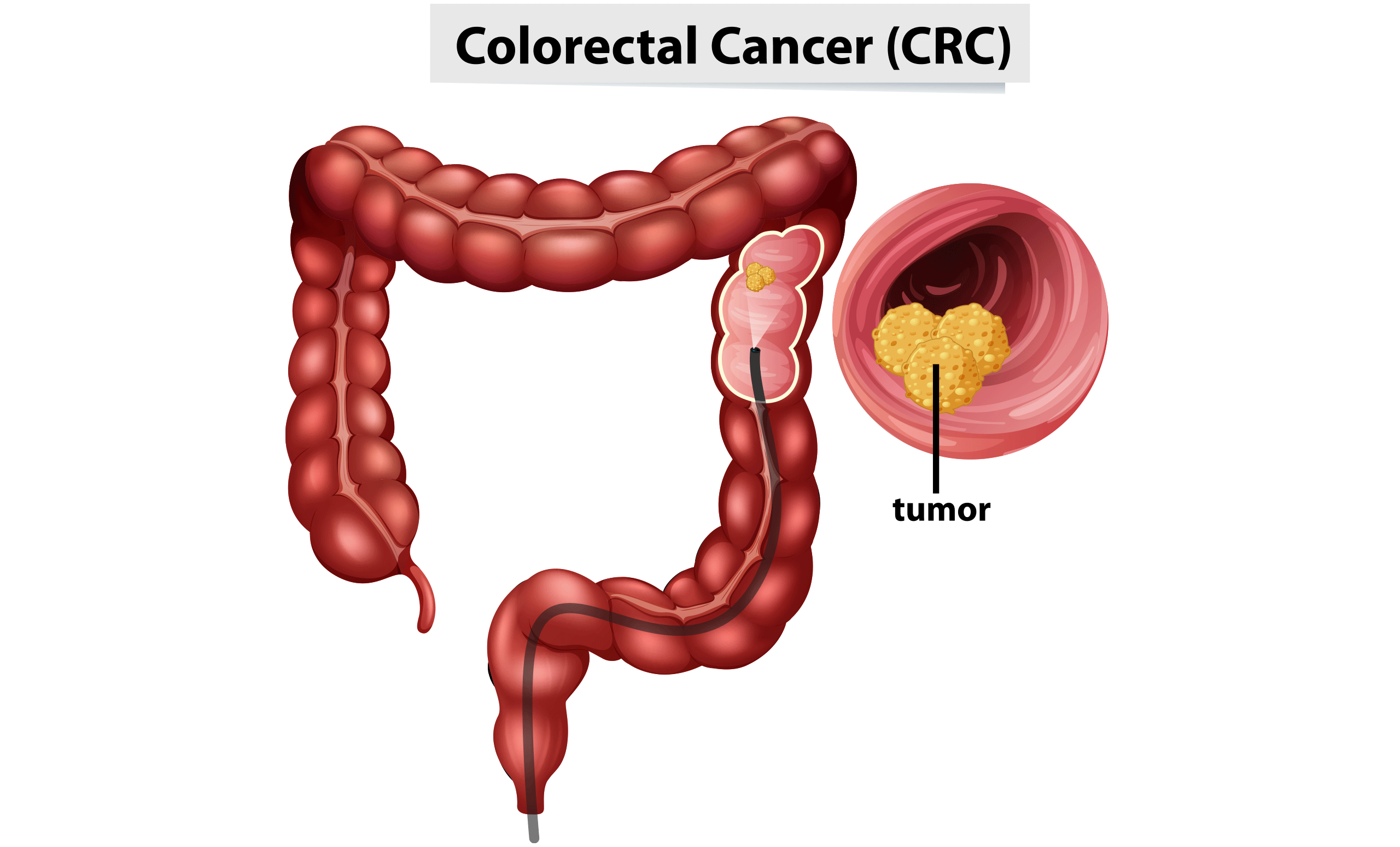Every March, the United States observes National Colorectal Cancer Awareness Month, a time designated to raise awareness about colorectal cancer, its risk factors, and the importance of early detection. This annual event is a platform for caregivers, patients, survivors, and advocates to share knowledge, promote education, and encourage advancements in the field of colorectal health. Awareness can inspire young talents to pursue careers in this critical area and ultimately improve outcomes for those affected by this disease.
Let’s explore what colorectal cancer is, its stages, treatment options, and how hospice care helps manage end-stage colorectal cancer.
Colorectal cancer, also known as colon cancer, happens when irregular cells grow uncontrollably in the colon or rectum. These cells can form tumors and, if left untreated, spread to other parts of the body. While colorectal cancer can affect patients of any age, it is most commonly diagnosed in older adults.
Key Risk Factors for Colorectal Cancer
While there is no definitive cause of colorectal cancer, acknowledging these risk factors can help people take proactive steps for prevention and early detection.
Critical Facts About Colorectal Cancer
- 1
Early detection saves lives – When detected early, the five-year survival rate for colorectal cancer is as high as 90%.
- 2
Screening is the best prevention – Screening tests like colonoscopies can detect precancerous polyps, allowing for their removal before they develop into cancer.
- 3
Symptoms are often silent – In its early stages, colorectal cancer may not show any noticeable symptoms. This is why screenings are crucial.
- 4
It is highly prevalent – Colorectal cancer is the second most common cause of cancer-related deaths in the United States, making awareness and education vital.

The Stages of Colorectal Cancer
Colorectal cancer is categorized into stages based on how far the cancer has spread. Understanding these stages helps guide treatment decisions:
Treatment Options for Colorectal Cancer
Treatment depends on the stage of the cancer and may include:
- 1
Surgery – The primary treatment for early-stage colorectal cancer involves removing the tumor and surrounding tissue.
- 2
Chemotherapy – Used to kill cancer cells or shrink tumors, often in combination with surgery.
- 3
Radiation therapy – Commonly used for rectal cancer to reduce the risk of recurrence.
- 4
Targeted therapy – Focuses on specific molecules involved in cancer growth.
- 5
Immunotherapy – Boosts the body’s immune system to fight cancer cells.
For patients with end-stage colorectal cancer, treatment focuses on dealing with symptoms and improving quality of life rather than curing the disease.

End-Stage Colorectal Cancer: Symptoms and Hospice Care
When colorectal cancer reaches its last stages, patients often experience a range of symptoms, including:
At this stage, many patients and their families may consider hospice care. Hospice care prioritizes providing comfort, managing pain, and addressing patients’ and their loved ones’ spiritual and emotional needs. It is not about giving up but rather about ensuring the highest possible quality of life during the final stages of the disease.
At Ascend Hospice Care, we prioritize the dignity and wishes of every patient, offering compassionate support to patients and their families during this challenging time.
How to Build Awareness During March Colorectal Cancer Awareness Month
Social media platforms are influential tools for spreading awareness. By sharing posts, infographics, and personal stories, you can reach wider audiences and encourage others to take action. Use hashtags like #EndStageColonCancer and #MarchColorectalCancerAwarenessMonth to join the conversation and amplify your message.
Colorectal Cancer Awareness Month is more than only a campaign; it is a call to action. By understanding the disease, promoting early detection, and supporting those affected, we can reduce the impact of colorectal cancer and save lives. Whether you wear blue, share your story, or advocate for screenings, every effort counts.
Let’s use this March to honor those battling colorectal cancer, remember those we have lost, and work toward a future where this disease is no longer a threat. Together, we can make a difference.




